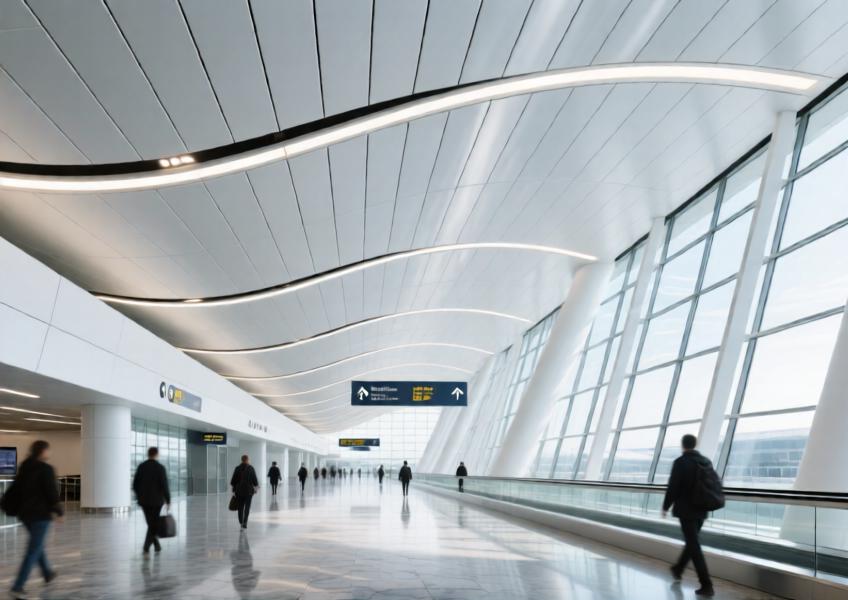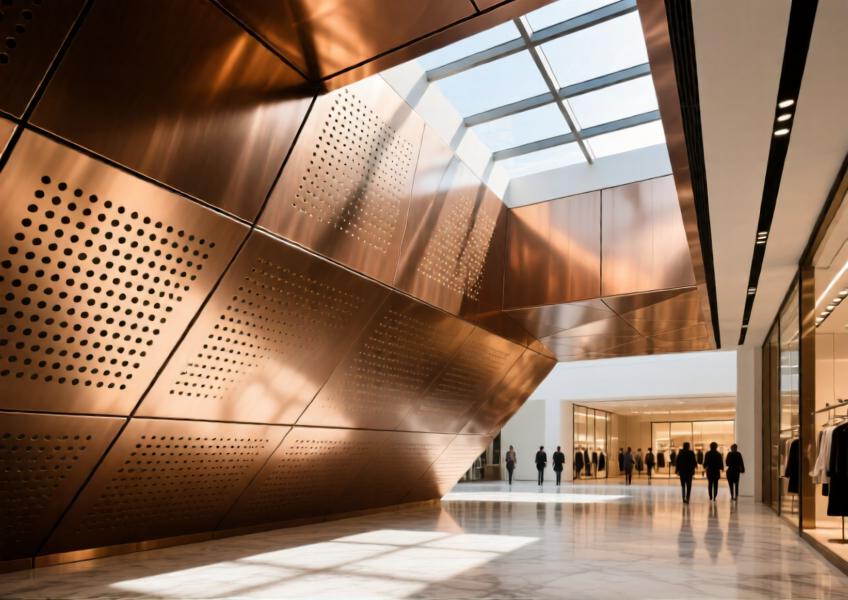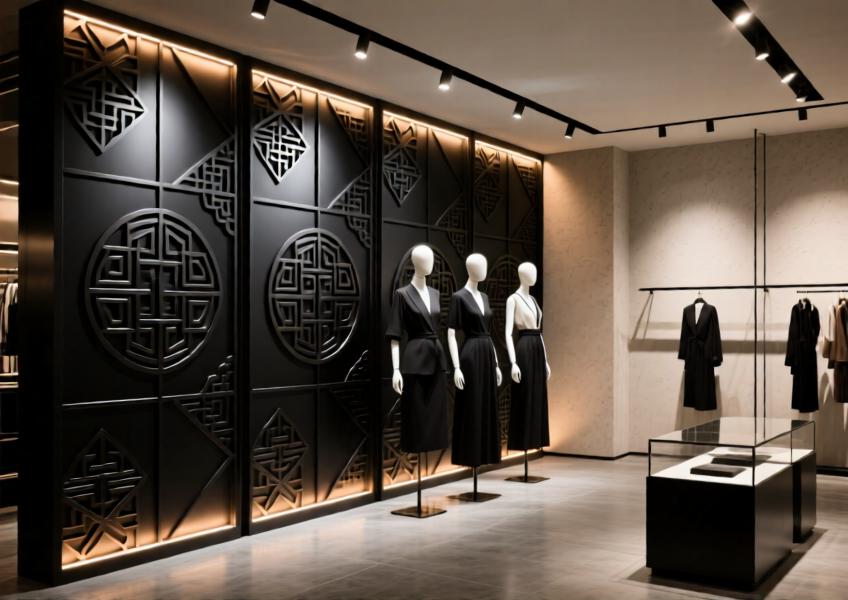

In today’s rapidly evolving architectural landscape, architectural aluminium has emerged as a cornerstone for modern commercial interiors, offering a seamless blend of functionality, aesthetics, and sustainability. Among the most impactful applications are aluminum curtain walls, ceilings, and decorative elements, each contributing uniquely to the spatial narrative of contemporary buildings.
Aluminum curtain walls have redefined building envelopes by combining structural integrity with sleek design. Their lightweight nature allows for expansive glass facades that flood interiors with natural light while maintaining thermal efficiency. In high-rise commercial buildings, such as the recently completed Shanghai Lujiazui Exchange Center, aluminum curtain walls have enabled architects to create dynamic, reflective exteriors that respond to environmental conditions. These systems not only enhance visual appeal but also provide excellent weather resistance and energy performance.
Equally transformative is the use of aluminum ceilings in interior spaces. Unlike traditional materials, aluminum ceilings offer superior durability, acoustic control, and design flexibility. In bustling environments like airports and shopping malls, perforated aluminum panels help manage sound reverberation while maintaining a clean, minimalist look. The Beijing Daxing International Airport exemplifies this application, where curved aluminum ceiling panels create a sense of fluidity and openness, guiding passengers through vast interior spaces with visual ease.

Another striking example can be seen in luxury mall environments, where aesthetic refinement meets functional performance. Anodized bronze perforated aluminum ceiling panels combine rich visual texture with effective sound absorption, making them ideal for high-traffic commercial areas.

Beyond structural applications, architectural aluminium shines in decorative elements such as wall claddings, grilles, and custom facades. Its malleability allows for intricate patterns and textures that elevate interior aesthetics without compromising on safety or maintenance standards. In luxury retail environments like the Chanel boutique in Tokyo, aluminum decorative panels with laser-cut motifs serve as both art and architecture, offering a tactile and visual richness that resonates with brand identity.

The sustainability profile of aluminum further enhances its appeal. Fully recyclable and long-lasting, it aligns with green building certifications such as LEED and BREEAM. As urban centers prioritize eco-conscious construction, architectural aluminium continues to lead the way in creating interiors that are not only visually striking but also environmentally responsible.